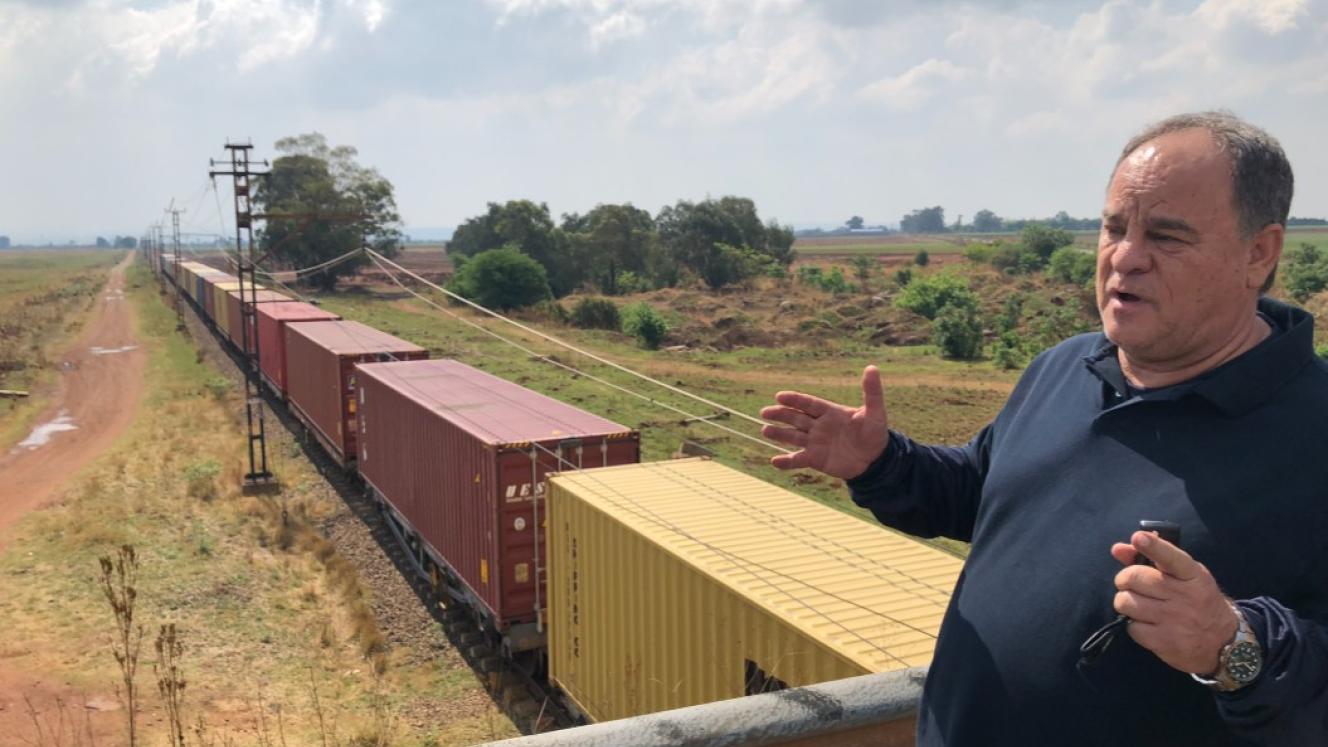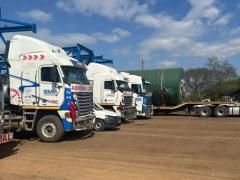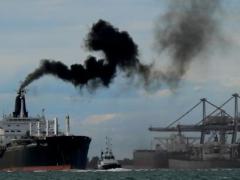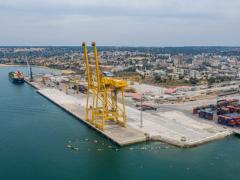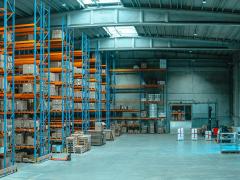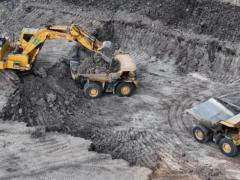President Donald Trump has announced that the United States will double tariffs on steel and aluminium imports from 25% to 50%, effective from this coming week, 4 June.
Over the past weekend, various global news outlets, including the BBC and Time magazine, reported that Trump told a rally in Pennsylvania, the heartland of US steel manufacturing, that import tariffs would bolster the domestic steel industry.
He said it would increase demand for national production and reduce dependency on China.
He also highlighted a $14 billion investment to support steel manufacturing through a partnership between US Steel and Japan's Nippon Steel, although details of this collaboration remain unclear.
The announcement has sparked concern internationally, with the European Union expressing strong regret and warning of potential countermeasures, as the tariff hike complicates ongoing trade negotiations.
The tariffs have already strained relations between the US and major trading partners, including China and Canada.
The latest trade escalation coming out of the US is expected to intensify tensions further.
Trump claimed that the increased tariffs would secure the future of the US steel industry and promised bonuses to steelworkers.
Critics warned it could raise costs for US industries reliant on steel and aluminium, potentially leading to inflationary pressures and job losses in downstream sectors.
These latest duties come amid ongoing legal challenges to Trump's global tariffs, though the steel and aluminium tariffs themselves remain unaffected by current lawsuits.
It marks a significant escalation in US trade policy under Trump’s administration since his return to office earlier this year.
